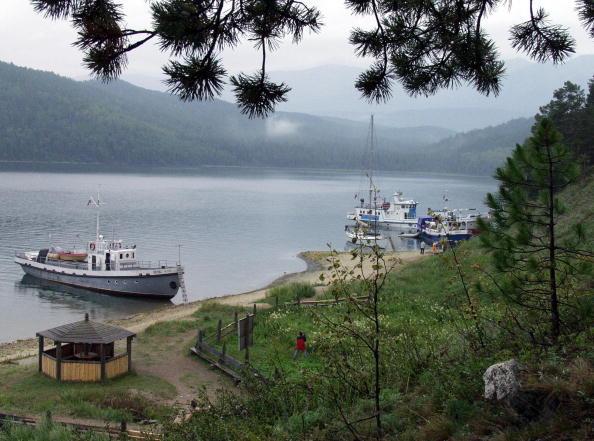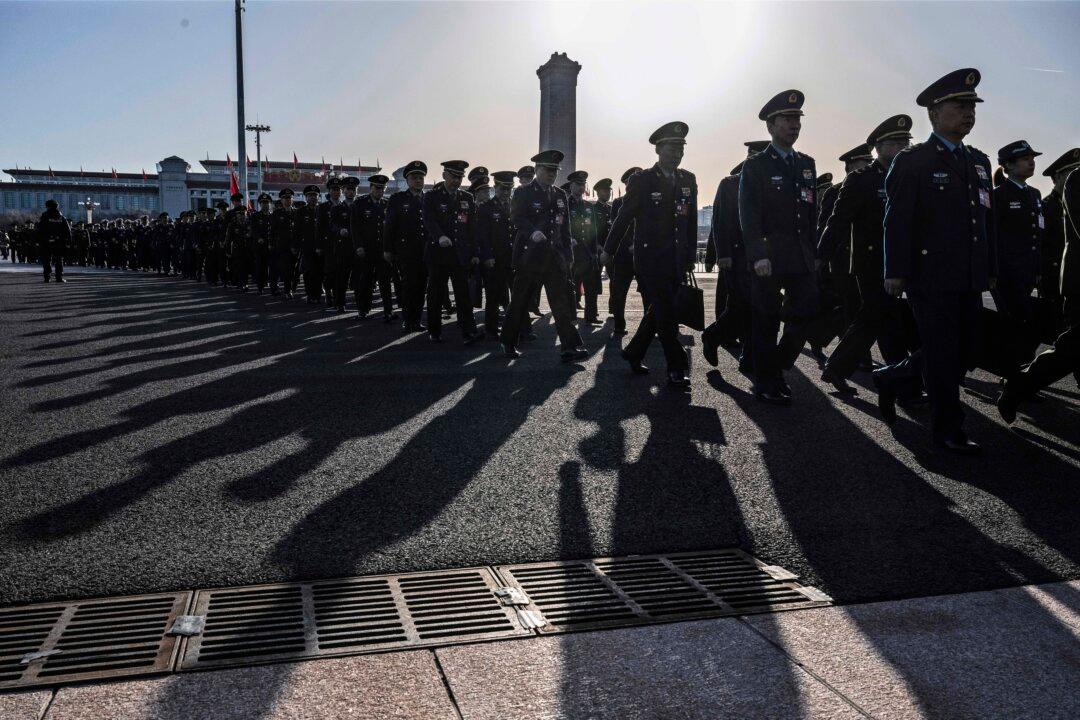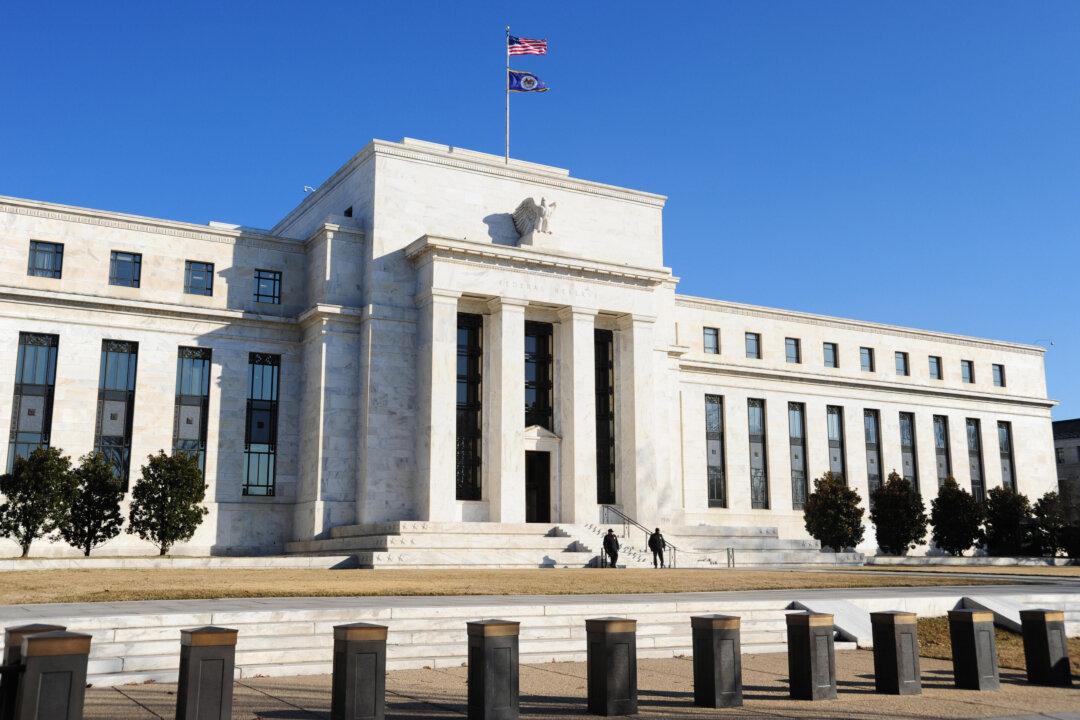In otherwise excellent reporting on China’s reaction to Vladimir Putin’s Ukraine invasion, Western reporters continue to buy into major elements of Beijing’s propaganda, namely that the Chinese Communist Party (CCP) stands for peace, state sovereignty, and territorial integrity, and that these so-called Beijing policies somehow contrast with Moscow’s invasion.
Nothing could be further from the truth, if one considers the long and continuing history of the CCP’s militarized land grabs that go from their initial Jiangxi Soviet of 1931-1934, to Yan'an starting in 1935, Beijing in 1949, East Turkestan (now Xinjiang) in 1950, and Tibet in 1951.
From 1964 to 1969, CCP leader Mao Zedong attempted to take Soviet territory, but was rebuffed militarily. In 1974, China fought a battle against South Vietnam (then allied with the United States) and took the Paracel Islands in the South China Sea. A U.S. aircraft carrier was nearby, but unfortunately did not assist. Had we nipped Chinese expansion in the bud, history would surely have unfolded more amicably.
In 2009, Beijing claimed all of the South China Sea as its territory in a note verbale to all U.N. member states. In 2012, the Chinese Coast Guard grabbed Scarborough Shoal from Philippine fishermen.

China’s 1979 War Against Vietnam
In 1979, China’s Chairman Deng Xiaoping waged a war against Vietnam over its invasion of Cambodia and budding alliance with the Soviet Union. Vietnam pushed the Chinese military back, but Beijing managed to move the border a bit south in the process, taking some strategic locations, including mountainous heights for which the two sides had fought.According to my sources in Vietnam, for example, China kept two of three waterfalls at Ban Gioc, plus the northern hill adjacent to the falls, and some territory at the Huu Nghi border. The border marker is on the south side of the falls, as I witnessed myself on a trip there in 2015.
Professor Carlyle Thayer at the University of New South Wales confirmed in an email, “There were small bits of land that China retained for tactical reasons” after the 1979 war.
Thayer is skeptical, however, of claims by some of my sources that China had a colony within Vietnam from 1975 to 1977 of about 3,000 people, and started a parallel government in the strategically central district of Bao Lac. China comes close to this in Burma today, so the claims should be further investigated.
Alexander Vuving, a faculty member at the Asia-Pacific Center for Security Studies, wrote in an email: “After the war, the Chinese withdrew to north of the pre-1979 border in most areas. But they did gain some territories. These are several strategic locations along the border, most of which were legalized as Chinese territories in the Sino-Vietnamese land border treaty of 1999.”
What Will Be Invaded Next?
It seems that the CCP’s territorial ambitions, viewed from its 1931 capture of Jiangxi Province to its latest captures of territory in the Himalayas, know no bounds. What’s next on the CCP chopping block? The Senkaku Islands of Japan? All of Taiwan? All of Bhutan?
Western Reporters Fall for CCP Propaganda
After studying and personally witnessing China’s military expansionism, it is unfortunate to read mainstream Western reporters, supposed to be experts on China issues, repeating without any caveat, critical perspective, or context, CCP claims that Beijing stands for “territorial integrity.”Recent examples, apparently caused by a perceived disconnect between Beijing’s propaganda supporting “territorial integrity” and its silent support for Putin’s invasion of Ukraine starting with Crimea in 2014, and continuing in a more violent and extended manner today, can be found in otherwise excellent reporting by The New York Times and Financial Times.
None of this is anywhere near the truth, as should be clear from the history noted earlier, or most recently, Xi’s supportive attitude towards Russia’s invasion. There is no contrast between Xi and Putin on this point. They both want to steal territory, and they both deny it. China has consistently infringed on the sovereign independence, territorial integrity, and global peace of its neighbors and Asia as a whole, all the while claiming that it has a right to do so. Putin is following the same strategy in Ukraine.
There is one difference, however, and that is that Xi is a bit more powerful and cagey than Putin. The CCP thrives by creating or taking advantage of conflict between others, and stepping into the power vacuum that results.
This has been true since the CCP took power in 1949 after China’s Nationalist government exhausted itself in a fight against Imperial Japan. The CCP largely sat that fight out in Ya’nan, and then took Beijing when the time was ripe.
Xi could do the same to Russia, after having encouraged it to destroy itself in Ukraine.





